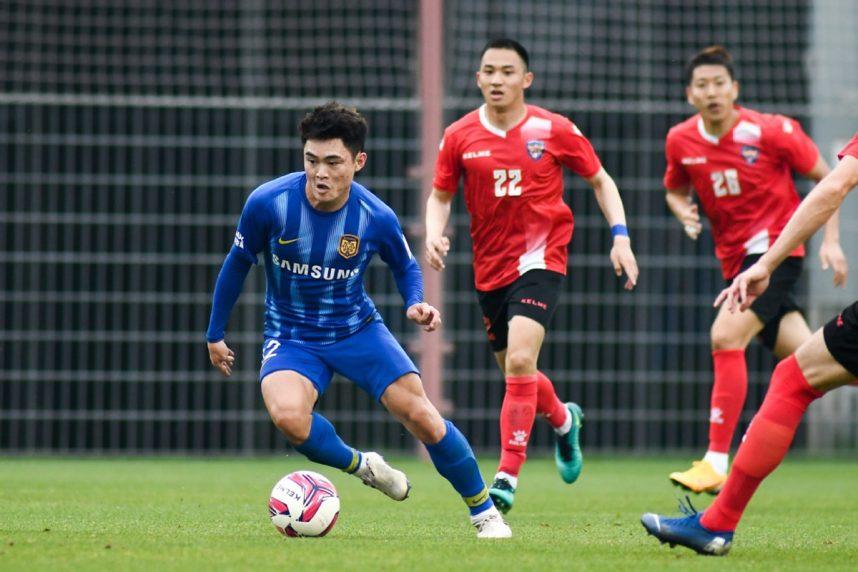Published on: September 23, 2024, 06:49h.
Last updated on: September 23, 2024, 06:49h.
Match fixing was prevalent in Chinese soccer and peaked during the pandemic when games were held in empty stadiums. Coaches and managers engaged in buying and selling games, while players regularly bet on their teams to lose, knowing that the outcome was manipulated.

This information was shared by a former Chinese Super League player who spoke anonymously to The South China Morning Post.
Recently, China’s Football Association banned 43 individuals from the sport for life after a thorough investigation into corruption and match-fixing. The investigation revealed 120 matches were affected, involving 128 criminal suspects and 41 teams, as reported by authorities.
Among those banned were former Chinese internationals Jin Jingdao, Guo Tianyu, and Gu Chao, as well as South Korea international and World Cup star Son Jun-ho.
‘Forced Confession’
Following this, Son described during a press conference in South Korea how he was held by Chinese authorities for nearly a year and coerced into confessing to accepting bribes.
He mentioned that the police used his family’s pictures and threatened to detain his wife if he did not admit to charges that he claims he did not fully understand.
Some observers of Chinese soccer speculated whether certain players were being blamed for the Chinese national team’s shortcomings on the global stage.
In 2015, President Xi Jinping expressed his desire to elevate the men’s national team’s performance and eventually win the World Cup.
Despite significant investment in the sport, the team’s performance deteriorated. The CFA sanctions were announced shortly after China’s embarrassing 7-0 defeat by Japan. Chinese authorities attributed the national team’s struggle to the corruption in soccer.
Exposed Truth
The corruption in Chinese second-tier games, involving coaches and team managers colluding to manipulate outcomes for promotion or avoiding relegation, was revealed by the source to the Morning Post, who is a player in his mid-30s still active in a league in Asia.
He mentioned experiencing match-fixing where he could predict games that were manipulated. He explained the differences in training sessions based on whether they aimed to win or lose, indicating an organized system for fixing matches.
“Many players noticed the same patterns and started betting on our team to lose,” the player added.


